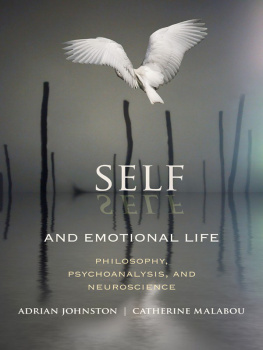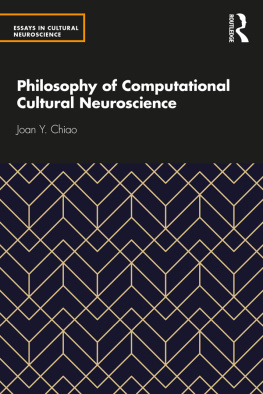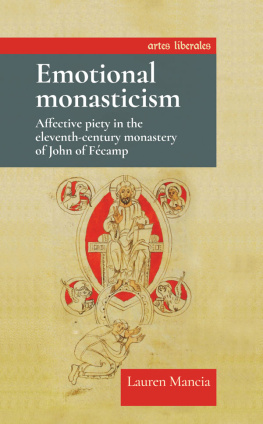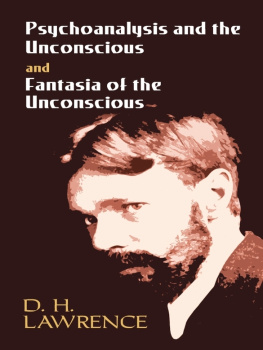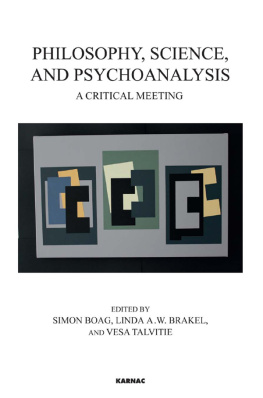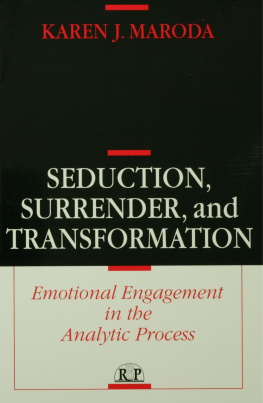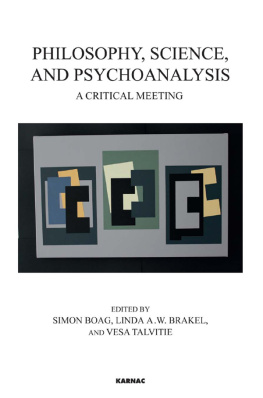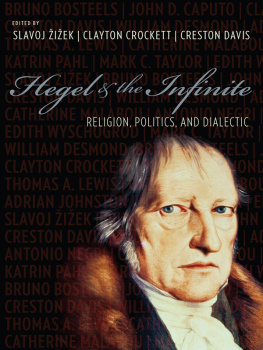SELF AND EMOTIONAL LIFE
INSURRECTIONS: CRITICAL STUDIES IN RELIGION, POLITICS, AND CULTURE
INSURRECTIONS: CRITICAL STUDIES IN RELIGION, POLITICS, AND CULTURE
SLAVOJ IEK, CLAYTON CROCKETT, CRESTON DAVIS, JEFFREY W. ROBBINS, EDITORS
The intersection of religion, politics, and culture is one of the most discussed areas in theory today. It also has the deepest and most wide-ranging impact on the world. Insurrections: Critical Studies in Religion, Politics, and Culture will bring the tools of philosophy and critical theory to the political implications of the religious turn. The series will address a range of religious traditions and political viewpoints in the United States, Europe, and other parts of the world. Without advocating any specific religious or theological stance, the series aims nonetheless to be faithful to the radical emancipatory potential of religion.
After the Death of God, John D. Caputo and Gianni Vattimo, edited by Jeffrey W. Robbins
The Politics of Postsecular Religion: Mourning Secular Futures, Ananda Abeysekara
Nietzsche and Levinas:After the Death of a Certain God, edited by Jill Stauffer and Bettina Bergo
Strange Wonder: The Closure of Metaphysics and the Opening of Awe, Mary-Jane Rubenstein
Religion and the Specter of the West: Sikhism, India, Postcoloniality, and the Politics of Translation, Arvind Mandair
Plasticity at the Dusk of Writing: Dialectic, Destruction, Deconstruction, Catherine Malabou
Anatheism: Returning to God After God, Richard Kearney
Rage and Time: A Psychopolitical Investigation, Peter Sloterdijk
Radical Political Theology: Religion and Politics After Liberalism, Clayton Crockett
Radical Democracy and Political Theology, Jeffrey W. Robbins
Hegel and the Infinite: Religion, Politics, and Dialectic, edited by Slavoj iek, Clayton Crockett, and Creston Davis
What Does a Jew Want? On Binationalism and Other Specters, Udi Aloni
A Radical Philosophy of Saint Paul, Stanislas Breton, edited by Ward Blanton, translated by Joseph N. Ballan
Hermeneutic Communism: From Heidegger to Marx, Gianni Vattimo and Santiago Zabala
Deleuze Beyond Badiou: Ontology, Multiplicity, and Event, Clayton Crockett
SELF
AND EMOTIONAL LIFE
PHILOSOPHY, PSYCHOANALYSIS, AND NEUROSCIENCE
ADRIAN JOHNSTON | CATHERINE MALABOU
COLUMBIA UNIVERSITY PRESS NEW YORK
COLUMBIA UNIVERSITY PRESS
Publishers Since 1893
New York Chichester, West Sussex
cup.columbia.edu
Copyright 2013 Columbia University Press
All rights reserved
E-ISBN 978-0-231-53518-2
Library of Congress Cataloging-in-Publication Data
Johnston, Adrian, 1974
Self and emotional life : philosophy, psychoanalysis, and neuroscience / Adrian Johnston and Catherine Malabou.
p. cm. (Insurrections)
Includes bibliographical references and index.
ISBN 978-0-231-15830-5 (cloth : alk. paper) ISBN 978-0-231-15831-2 (pbk. : alk. paper) ISBN 978-0-231-53518-2 (e-book)
1. Emotions. 2. Self. 3. Psychoanalysis. 4. Neurosciences. 5. Psychoanalysis and philosophy. I. Malabou, Catherine. II. Title.
BF531.J64 2013
J28'.2dc23
2012036488
A Columbia University Press E-book.
CUP would be pleased to hear about your reading experience with this e-book at .
Cover image:Illona Wellmann/Trevillion Images
Cover design: Lisa Hamm
References to websites (URLs) were accurate at the time of writing. Neither the author nor Columbia University Press is responsible for URLs that may have expired or changed since the manuscript was prepared.
CONTENTS
CATHERINE MALABOU
ADRIAN JOHNSTON
T his book is the product of a fortuitous encounter between two people with significantly overlapping interests as well as fundamental convictions and intuitions held in common. Adding to this good fortune is the fact that they bring major differences of perspective to these shared grounds. This combination of agreement and disagreement provides an absolutely ideal foundation for productive exchange and stimulating debate.
Catherine and I met in April 2007 at the annual Theory Reading Group conference hosted by Cornell University. During that weekend of intense discussions, we quickly recognized each other as well-matched interlocutors. Our backgrounds in Hegelianism, concerns with psychoanalysis, and, especially, beliefs in the importance and urgency of engaging with todays life sciences on the basis of Continental European theoretical traditions from Kant to the present all converged to convince us that we needed to build a lasting collaborative relationship. Our feeling of kinship has been further reinforced by an impression of being together in a marginal position vis--vis the majority of Continentalists, with their antinaturalist proclivities and preferences, by virtue of our fascination with and enthusiasm for things biological. We remain convinced that no genuine materialist philosophy legitimately can neglect the natural sciences generally and that no authentically materialist theory of subjectivity defensibly can sideline the life sciences specifically.
Within weeks following our time together in Ithaca, Catherine and I hatched a plan via e-mail to coauthor a book. After we paused for deliberation, Catherine proposed the topic of affect as a focus for our joint project, expressing a desire to write about wonder in her half of the text. I happily agreed to this. It gave me the opportunity to revisit and more thoroughly digest problems I had been left to grapple with in the wake of my time spent in psychoanalytic training. The question of whether (and, if so, in what sense[s]) affects can be unconscious strictly speaking persistently perturbed Sigmund Freud throughout his career and has remained an unresolved controversy in the worlds of psychoanalysis ever since. This issue is a big bone of contention, particularly in French psychoanalytic contexts dominated by Jacques Lacan. It entails far-from-negligible consequences for theoretical metapsychology as well as clinical practice. Compelled by a mixture of personal and intellectual reasons, I wanted to try to tackle the enigmatic (non)rapport between affects and the unconscious. By contrast, Catherine clearly intended to push further the challenges to psychoanalysis as a whole posed by her philosophical reflections on the implications of various neuropathologies. As I see it, the main fault line of divergence separating our approaches here is between my more immanent and her more external critiques of the psychoanalytic modeling and handling of the psyche, with our philosophical critiques of analysis nonetheless both being developed in dialogue with neurobiology.
Before continuing to sketch an overview of the differences distinguishing my and Catherines positions, I will offer a sharper outline of our common commitments, the shared preoccupations that brought us together and continue to cement our fundamental solidarity. For the past several decades, much ink has been spilled by scholars in the theoretical humanities about the intersections of Continental philosophy and the psychoanalytic traditions linked to Freud. However, with a few notable exceptions, Continental philosophers and those scholars in the humanities and social sciences influenced by them have been and remain averse to the prospect of any deep theoretical engagement with the life sciences. Biology as a whole, and the neurosciences in particular, have been largely avoided by such thinkers and writers on the basis of now-outdated (mis)conceptions according to which any such engagement inevitably must result in an ideologically dangerous mechanistic materialism demoting human subjects to the degraded status of mere objectified puppets of an evolutionary-genetic nature. This sort of alibi, speciously justifying an avoidance of philosophically and psychoanalytically responding to the revolutionary advances occurring in the life sciences, is no longer plausible or valid (if it ever was to begin with).

